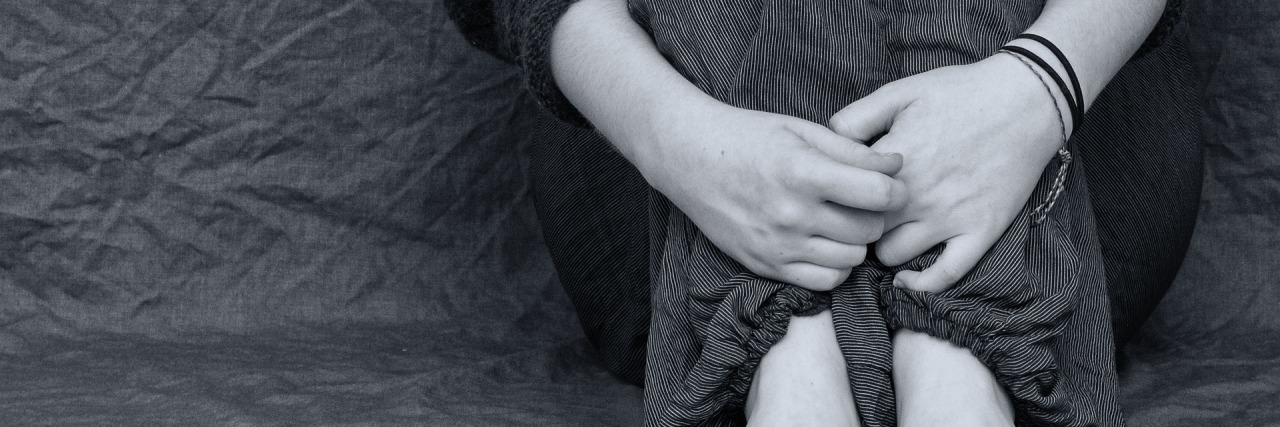Friendships Can Become Abusive Relationships Too
Editor's Note
If you’ve experienced domestic violence or emotional abuse, the following post could be potentially triggering. You can contact The National Domestic Violence Hotline online by selecting “chat now” or calling 1-800-799-7233. Contact the Crisis Text Line by texting “START” to 741741.
When we think of “abusive relationships,” we imagine an alcoholic, violent man attacking his spouse and children. We see a dude getting in his wife’s face over something trivial and then verbally and physically exploding. Even when we refer to abusive relationships as strictly emotional, we either imagine a man controlling his girlfriend, making disrespectful remarks and gaslighting, or parents screaming at their kids over every mistake they make. While these are good examples, we overlook another example of an abusive relationship: friend abuse.
While bullying from your peers for your differences is bad enough, imagine dealing with it from people who you have given the title of your “friend.” You and said person initially meet, clicking like long-lost siblings and spending the next few years hanging out, talking on the phone or texting until 1 a.m., and opening up about private matters you entrust each other to keep in confidence. For a while, it’s a honeymoon phase. Then, at some point, something goes awry. You’re being told who you can and can’t associate with. You’re being pressured into doing things you’re uncomfortable with, be it getting involved in petty drama and payback against peers, or tasks that if not completed immediately, get badgered over until you’re done. Eventually, your metaphorical sibling changes their demeanor, going from retaining their usual sense of kindness to getting mad at you for the most trivial and bizarre of things. It’s a confusing mess through which you are praying this is some kind of bad phase they are going through and not knowing if they still love you. You wonder “what did I do wrong?” and start to think maybe it’s your fault for their newfound disrespectful behavior.
If you are lucky, you’ll either:
1. Politely tell the person to cut the crap, call them out and things get sorted (if they don’t own up to their mistakes, that is).
2. End up blatantly cutting ties and directly telling the person you can’t do this anymore.
3. Drift apart slowly, not making efforts to keep in touch. If not, you get a messy blowup.
Because of the fact a good number of my friend abuse experiences started in high school, my trauma has been dismissed as being “high school drama.” Because of this stereotype and the intense gaslighting to which I was subjected, I was partially convinced I was overreacting and it was partially my fault. For a while, I’ve been reluctant to open up about my trauma as I was worried I would be appropriating the pain of those who have survived worse abusive situations. I felt like I was annoying and burdening people with the same tired “I was bullied by the surrogate anime club” spiel, as people told me I needed to “stop obsessing over it” and to let it go. This rhetoric was invalidating and contributed to the constant questioning of whether I was in the wrong in my friendships. What other people did not understand was that this bullying led to me developing trust issues, questioning my worth as a person in terms of both intelligence and morals, and paranoia and aversion to various traits and quirks (harmless or otherwise) that reminded me of my abusers.
Thankfully, years have passed and without going into too much personal detail, I have received major closure on the bullying I went through and finally forgave my tormentors. Because of this turning point, I am happy to have developed a sense of finality on this difficult journey. I am currently surrounded by supportive peers who love me and I’ve learned to accept the past and myself as a person. While my story has a good ending, I implore everyone to validate each other’s trauma, no matter how trivial it may seem. There needs to be more light shed on unconventional bullying and abuse stories.
Image via Anemone123 on Pixabay

